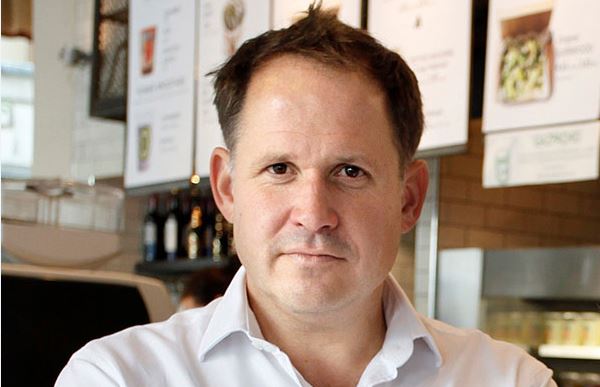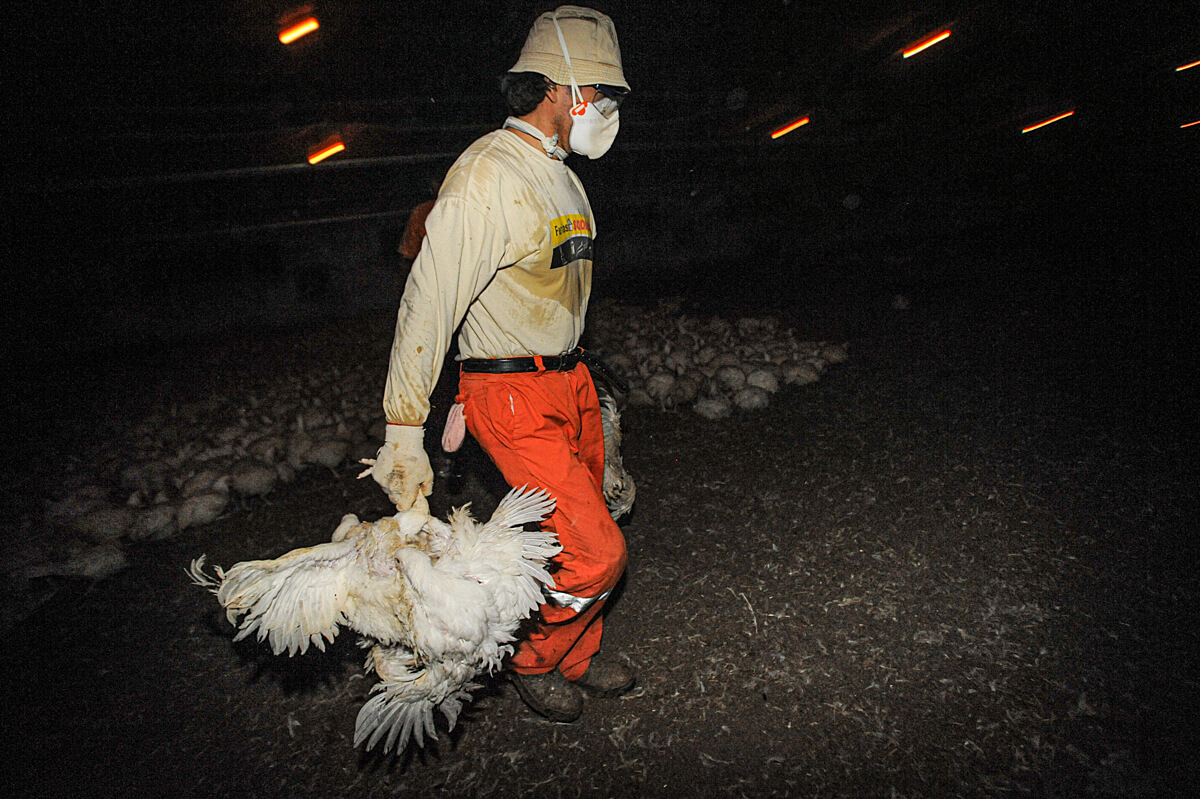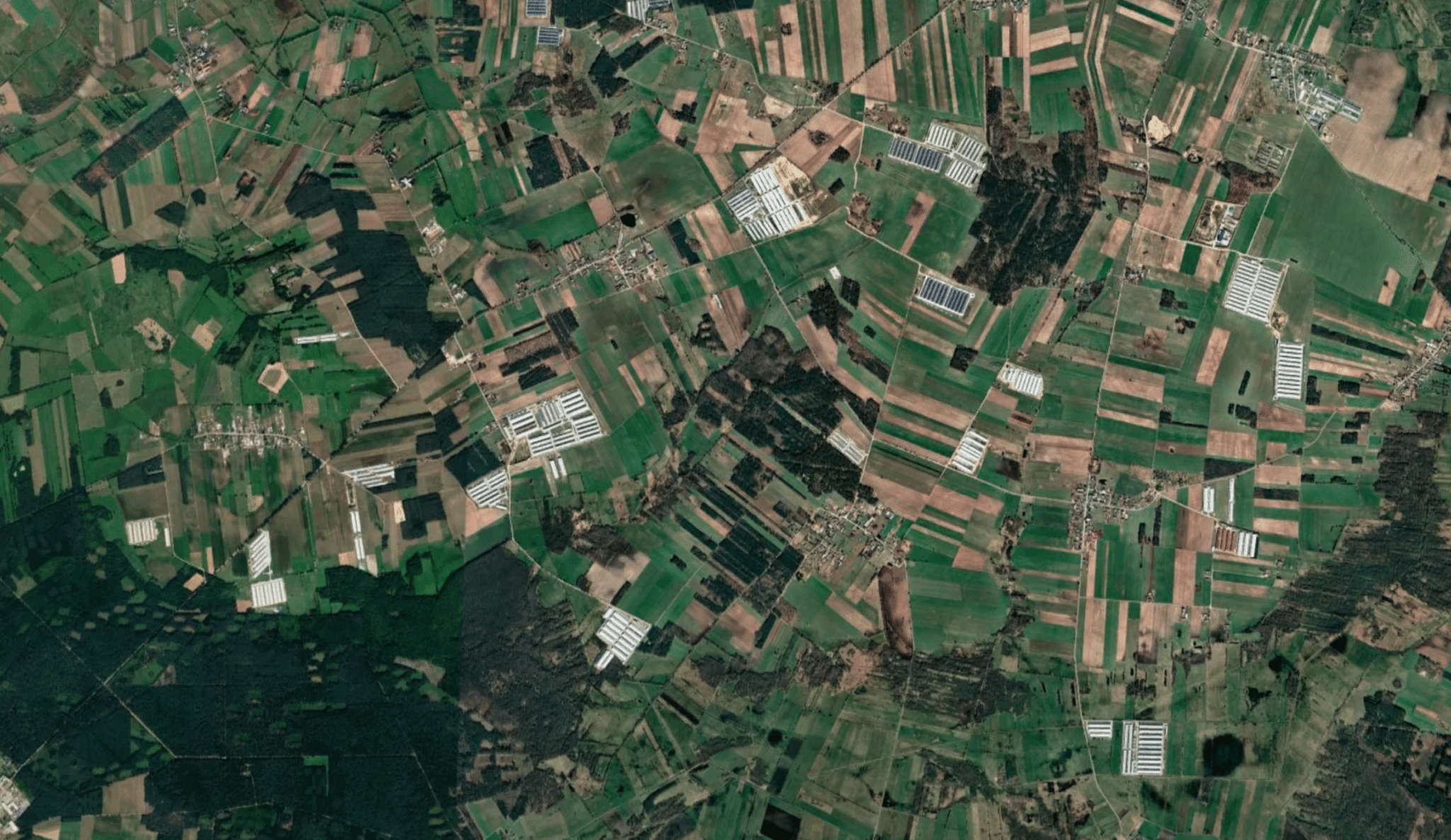Trade deals opening the door to countries with high carbon footprints and huge biodiversity loss risks destroying the UK’s potential transformation to a truly sustainable food system.
That was the message from Henry Dimbleby, author of the government-commissioned independent National Food Strategy, in a keynote talk at the Soil Association’s annual organic industry conference yesterday (22 November).
Dimbleby outlined a scenario that would allow farmers to produce enough food, while protecting biodiversity and nurturing soils to store carbon.
This would include a strong role for organic and other nature-friendly farming systems that use more land but are home to an abundance of wildlife, Dimbleby said, alongside some higher-yielding regenerative farming models that allow arable farmers to maintain yields while reducing chemicals, through making the most of diversity in plants and cows as fertiliser. Some land under this model would also be left completely to nature.
“This is not a vegan, cow-less future, and it’s certainly not the sweeping of people off the land. Only five-eight per cent of land will be wilded,” he said.
But while the potential is there to achieve this ecological future for food and farming in the UK, Dimbleby warned that “the risks destroying this whole transformation is trade, and whether we get that right.”

Referring to the draft trade deal agreed in principle with New Zealand this week, Dimbleby said he was “very worried” about the impact of future trade deals, that would see food imported to the UK from countries that have lower animal welfare, higher carbon footprints and uncontrolled biodiversity losses.
“It’s a very disappointing day. The government has clearly rejected the advice of two independent bodies, myself and the Trade and Agriculture Commission, regarding the New Zealand deal.
“New Zealand and Australia are the edge of the market; these deals are a template for future deals with countries like the US. And it’s Brazil that is the huge problem,” he said.
Critics of the deals, which include the farming unions, say allowing imports of food produced to lower, and therefore cheaper, standards mean British farmers will be unable to compete, leading them unable to invest in sustainable, less intensive farming, or go out of business altogether.
Dimbleby said he remained “bullish” about getting an official response in the form of a White Paper from Defra to his National Food Strategy, which was broadly welcomed for combining a vision for sustainable farming with addressing dietary inequality and food poverty in the UK.
“Our food system is destroying our planet and our health. It’s hard to overstate the extent to which our food system dominates our natural world,” he said.













So frustrating. What can we do to minimize the impacts? I guess try and get our friends and families to buy pasture-fed UK meat, support the Soil Association and other bodies that promote good agricultural practices. Any other ideas?
Spot on Freda – buying local, organic, seasonal food, choosing zero airfreight, eating ‘less and better’ meat that is grass fed, and looking for the Soil Association logo when you shop are great ways to support sustainable agriculture. Joining organisations that are campaigning for a sustainable food future, protest, tweet or write to your MP are also ways in which you can make your voice heard.